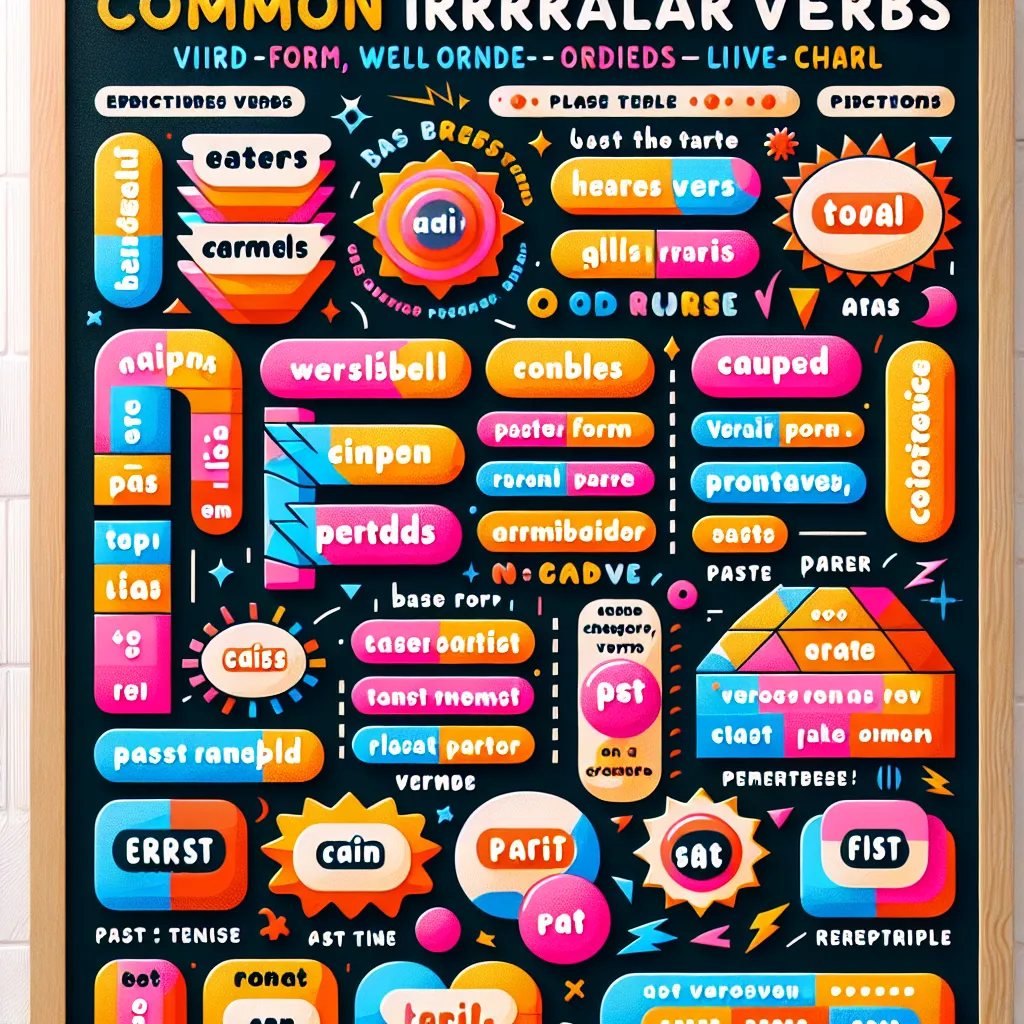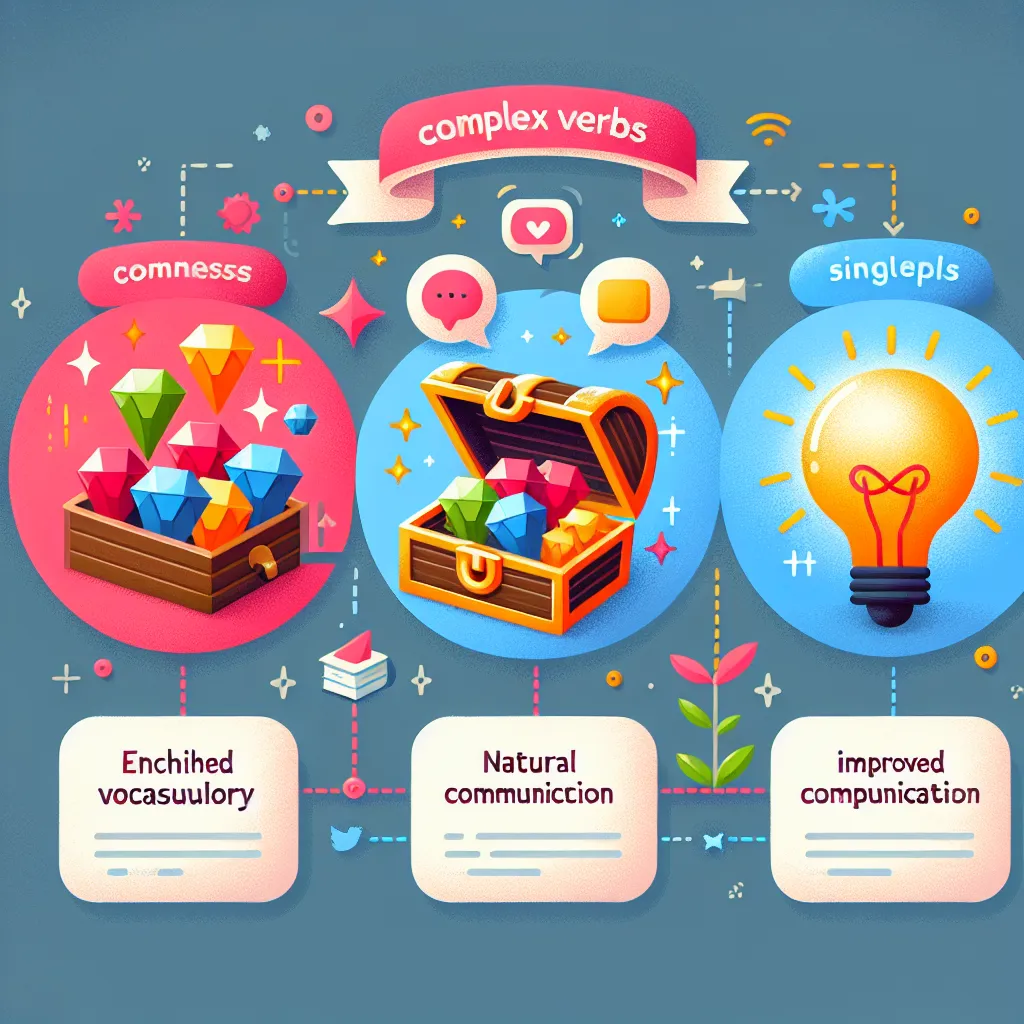Complex conditional structures are an essential aspect of advanced English grammar. They allow speakers to express hypothetical situations, regrets, and intricate cause-and-effect relationships with precision and nuance. Mastering these structures can significantly enhance your English proficiency, especially for academic writing and professional communication. This guide will provide you with a detailed roadmap to understanding and using complex conditionals effectively.
Understanding Complex Conditional Structures
Complex conditional structures go beyond the basic “if…then” format. They involve various tenses and modal verbs to convey specific meanings about real, unreal, or imaginary situations in the past, present, or future. These structures are crucial for expressing sophisticated ideas and are often tested in advanced English exams like IELTS and TOEFL.
Types of Complex Conditionals
- Mixed Conditionals
- Inverted Conditionals
- Double Conditionals
- Conditional Sentences without ‘If’
 Complex Conditional Structures Diagram
Complex Conditional Structures Diagram
Why Master Complex Conditionals?
Mastering complex conditionals allows you to:
- Express nuanced hypothetical situations
- Discuss regrets and alternate past scenarios
- Demonstrate a high level of English proficiency
- Improve your academic and professional writing
- Perform better in advanced English exams
Strategies for Mastering Complex Conditionals
1. Start with the Basics
Before diving into complex structures, ensure you have a solid grasp of basic conditionals (zero, first, second, and third). This foundation is crucial for understanding more advanced forms.
2. Study Each Type Individually
Focus on one type of complex conditional at a time. For example, start with mixed conditionals:
- Past condition / Present result: “If I had studied harder, I would have a better job now.”
- Present condition / Past result: “If I were rich, I would have bought that house last year.”
3. Practice with Real-Life Scenarios
Create or find examples that relate to your personal experiences. This makes the structures more memorable and relevant.
Example: “If I had learned to play the piano as a child, I would be able to perform at my sister’s wedding next month.”
4. Use Visual Aids
Create diagrams or flowcharts to visualize the relationship between different parts of complex conditionals. This can help you understand the logic behind each structure.
5. Incorporate Advanced Grammar Resources
Utilize grammar books and online resources specifically designed for advanced learners. Some recommended resources include:
- “Advanced Grammar in Use” by Martin Hewings
- Cambridge English website’s advanced grammar section
- British Council’s IELTS preparation materials
For more in-depth study on related topics, you might find our guide on how to use advanced adverbial clauses helpful.
Detailed Examples and Analysis
Let’s analyze some complex conditional structures in detail:
1. Mixed Conditional
“If I had saved more money last year (past perfect), I would be going on vacation this summer (present conditional).”
Analysis:
- The ‘if’ clause uses the past perfect to describe a past action that didn’t happen.
- The main clause uses ‘would + be + -ing’ to describe a present/future consequence that isn’t possible due to the past condition.
2. Inverted Conditional
“Had I known about the traffic (past perfect), I would have left earlier (past conditional).”
Analysis:
- The conditional is formed by inverting the subject and auxiliary verb, omitting ‘if’.
- This structure is more formal and emphatic than the standard “If I had known…”
3. Double Conditional
“If it were to rain tomorrow (present unreal), we would cancel the picnic, but if it didn’t (past simple), we would go ahead as planned.”
Analysis:
- This structure combines two conditional clauses to explore multiple scenarios.
- The first part uses a present unreal condition, while the second uses a past simple for contrast.
For more examples and practice with advanced conditionals, check out our article on advanced English conditional sentences.
Common Pitfalls and How to Avoid Them
- Mixing up tenses: Ensure that your tenses align logically with the time frame you’re discussing.
- Overcomplicating structures: While complex conditionals are sophisticated, clarity is key. Don’t use them unnecessarily.
- Forgetting subject-verb agreement: Even in complex structures, basic grammar rules apply.
- Misusing modal verbs: Pay attention to the subtle differences between modals like ‘would’, ‘could’, and ‘might’ in conditionals.
Practice Exercises
-
Rewrite the following sentence using an inverted conditional:
“If the government had implemented stricter regulations, the financial crisis could have been avoided.” -
Create a mixed conditional sentence about a regret from your past and its impact on your present.
-
Write a double conditional sentence about your career plans, considering different scenarios.
Next Steps
To further enhance your mastery of complex conditionals:
- Regular practice: Incorporate these structures into your daily English use.
- Read advanced texts: Expose yourself to complex conditionals in academic papers and literature.
- Write essays: Practice using these structures in longer pieces of writing.
- Seek feedback: Have a teacher or native speaker review your use of complex conditionals.
- Take practice tests: Use IELTS or TOEFL practice materials to test your skills.
For additional guidance on using advanced grammar in various contexts, you might find our article on how to use advanced grammar in strategic planning insightful.
Conclusion
Mastering complex conditional structures is a challenging but rewarding aspect of advanced English grammar. By understanding the nuances of these structures and practicing them consistently, you can significantly enhance your ability to express sophisticated ideas in English. Remember, the key to mastery is not just understanding the rules, but applying them naturally in your communication. Keep practicing, stay curious, and don’t hesitate to experiment with these structures in your writing and speaking.
We encourage you to share your experiences with learning complex conditionals in the comments below. What strategies have worked best for you? What challenges have you faced? Your insights could be valuable to other learners on the same journey.




